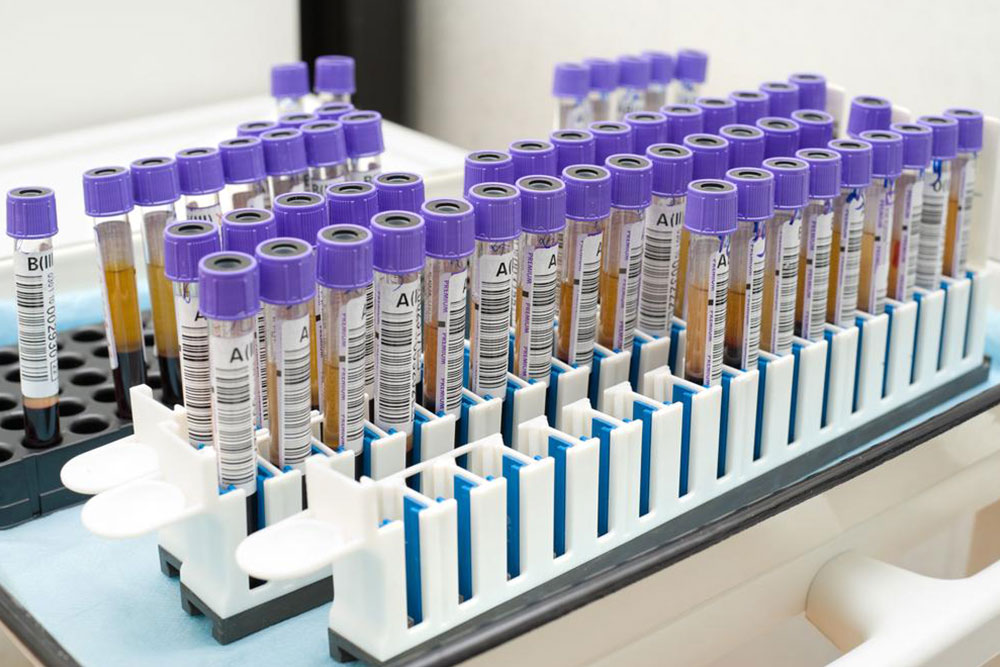The Role of Genetic Testing in Prostate Cancer Prevention and Management
This article discusses the significance of genetic testing in prostate cancer detection and management. It explains how inherited gene mutations, especially BRCA, can increase risk, and describes two main types of genetic screening used to inform treatment strategies. Despite challenges like cost and complexity, genetic testing plays a vital role in early diagnosis and personalized care for prostate cancer patients, emphasizing the importance of early detection for better prognosis.

The Role of Genetic Testing in Prostate Cancer Prevention and Management
Prostate cancer ranks among the most prevalent diseases affecting men worldwide. The prostate gland produces seminal fluid essential for sperm nutrition and transport. Cancer develops when abnormal cell growth occurs in the prostate. While early-stage prostate cancer may be asymptomatic, unchecked growth can lead to severe health issues. Early detection significantly boosts the chances of successful treatment, highlighting the importance of screening.
Family history plays a crucial role in prostate cancer risk, especially for men with inherited BRCA gene mutations. Routine genetic testing helps identify these mutations early, enabling proactive management.
Genetic Testing for Prostate Cancer
Genetic testing involves analyzing DNA to identify specific alterations that might indicate increased cancer risk. There are two primary approaches: testing cancer cell DNA to understand tumor behavior and profiles, and examining normal cell DNA to detect inherited genetic changes. Both methods enhance diagnostic accuracy and guide personalized treatment strategies.
Typically, genetic screening targets mutations associated with prostate cancer, enabling faster and more accurate risk assessment. However, cost considerations and the complex nature of cancer genetics pose challenges to widespread screening. Moreover, since many cancers result from multiple genetic factors, a single test may not be comprehensive enough.










